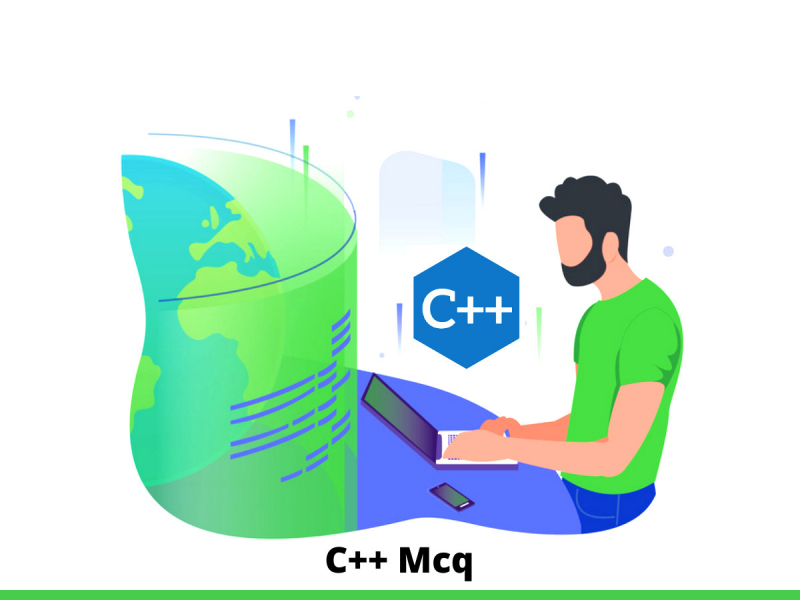C++ is an object-oriented programming language that is derived from C language. It is a high-level programming language that is used to program both hardware and software of computers. Its syntax matches with C programming language therefore it is also called the second version of C. It is powerful and has higher flexibility which is why most software programs are written in C++. Now it is one of the best choices for developers. Originally C++ was named C with Class.
Finally, Take the C++ MCQ Test, which is very helpful & important for the preparation of job interviews, exams, or placement drives.

